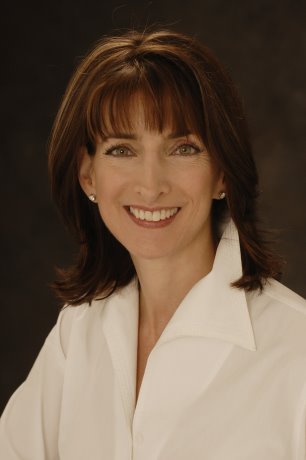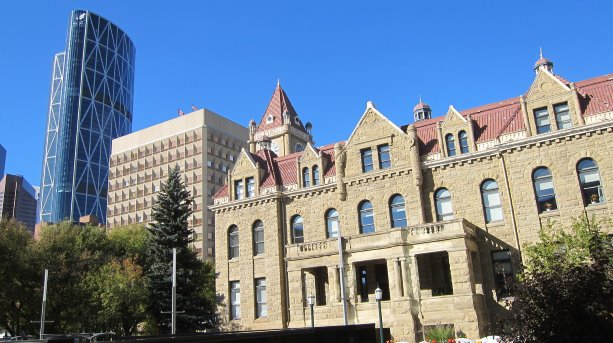Naheed Nenshi was re-elected the mayor of Calgary for a third term in the October 2017 municipal election.
But his margin of victory was much smaller than in the previous election.
Nenshi beat lawyer Bill Smith with 54 per cent of the vote, which is much lower than the 74 per cent support he won in 2013.
Voter turnout, at almost 60 per cent, was the highest it has been for more than four decades, according to Elections Calgary.
The single biggest issue in the campaign was the state of Calgary’s finances. Thanks to a precipitous drop in oil and gas prices, many of the resource companies located in Calgary have downsized or gone out of business.
That has led to a 50 per cent decline in non-residential property tax revenues. If it is to maintain services at or near previous levels, the city will need to find the money to pay for them somewhere else, state political analysts.
Nenshi, in Calgary, and the NDP provincial government in Edmonton have the same problem – how to deal with a serious shortfall in revenues.
The campaign also featured wrangling between the owners of the Calgary Flames hockey team, NHL commissioner Gary Bettman, Nenshi and Smith.
Accusations that the city wouldn’t contribute its share to the cost of building a new arena to replace the Calgary Saddledome and threats the Flames’ failure to get what it wanted might cause the franchise to leave town were hurled back and forth.
"This wasn’t the election we expected," said Jack Lucas, assistant professor of political science at the University of Calgary. "It wasn’t the incumbent cakewalk that we imagined two months before the election, nor was it the partisan backlash or economic anger that we pictured during the campaign."
In the end, said Lucas, Nenshi’s win was decisive.
"He beat Smith in all but two wards," he said. "He won by a much smaller margin than in 2013 but he also received nearly 6,000 more total votes."
In addition to Nenshi’s victory, all 14 incumbent councillors won their seats.
"All of them were re-elected, but with reduced margins," said Lori Williams, associate professor of policy studies at Mount Royal University in Calgary.
"The big issues in the council elections were high property taxes, due to increased assessments, and how to make the best use of dwindling tax revenues to pay for city services. There were also questions about the ability of councillors to work together without acrimony."
Williams said while there is much less commercial construction in Calgary than there was in the good old days of oil at $100 per barrel, there has been some new and renovation projects in the residential construction sector.
"Looking ahead, the big challenge for mayor and council is to make Calgary attractive to small business," Williams said. "We’re fortunate that Nenshi is a good ambassador and advocate for the city."
In addition to Calgary, municipal elections were also held across Alberta.
In Edmonton, incumbent Mayor Don Iveson won his second term easily.
In the Regional Municipality of Wood Buffalo, which includes Fort McMurray, former MLA Don Scott won the mayoral race against three other contenders.




Recent Comments